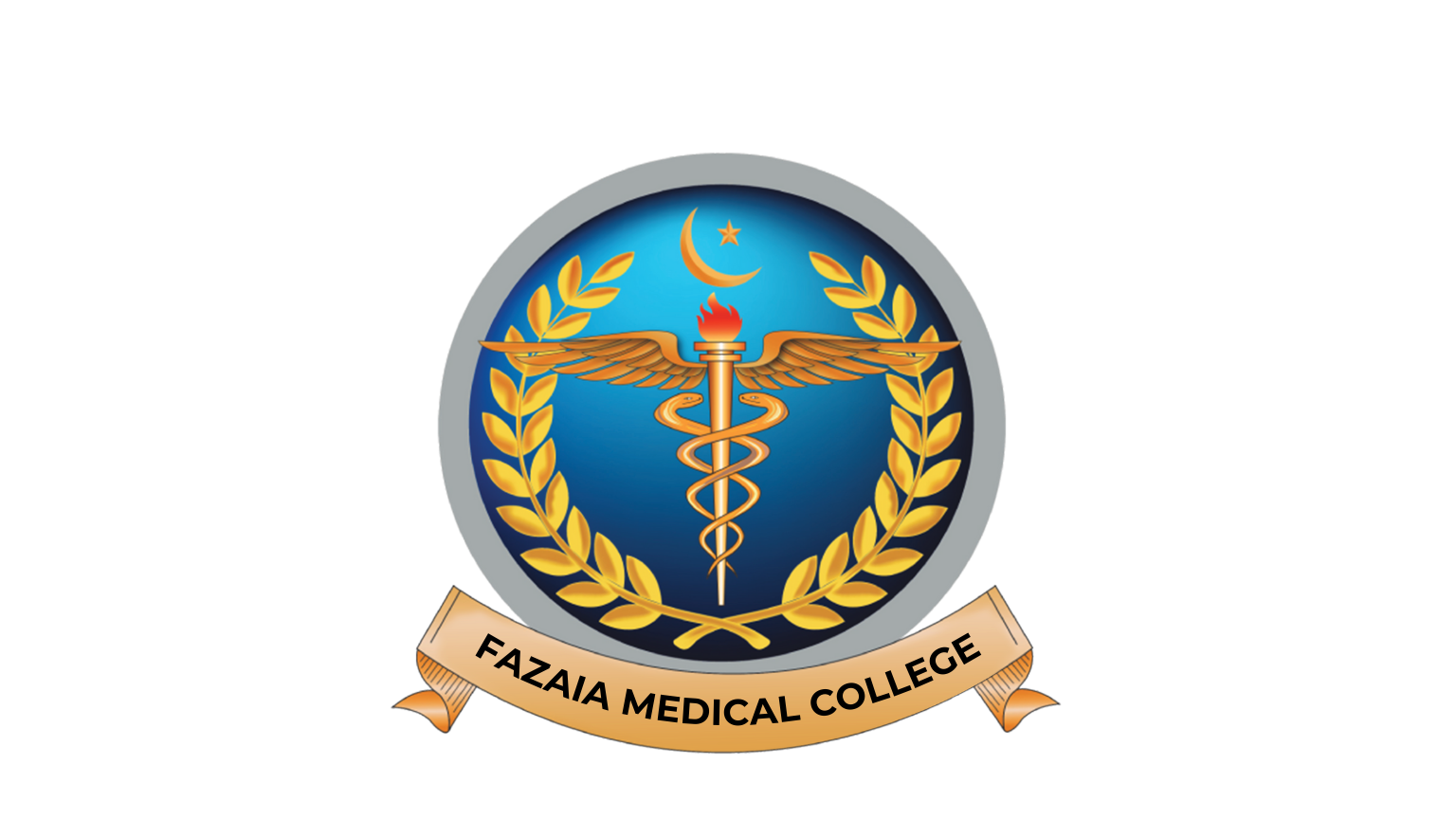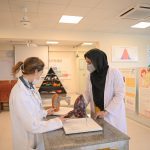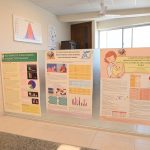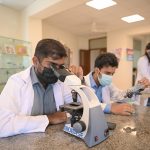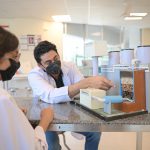INTRODUCTION
The Vision of the Community Medicine Department is to be recognized as a leading Department of Public Health and Primary Care through excellent interdisciplinary research and education of highly qualified professionals, with a major impact on community health, best practice and health policy.
The Mission of the department is:
⦁ To conduct high-impact interdisciplinary research, on a national and international level
⦁ To provide excellent education in different domains of Community Medicine
⦁ To supply health care professionals and institutions with the insights, concepts and techniques that will enable them to respond optimally to the health needs and expectations of patient and society
⦁ To enhance the collaboration with clinical medicine and research
⦁ To create a stimulating environment for the students, staff and particularly young researchers
Community Medicine is mainly concerned with the health of population and plays leading and collaborative roles in the maintenance and improvement of health of the community. The emphasis is on prevention of disease in the community, recognition of environmental and occupational hazards and the early diagnosis of disease to prevent disability. It is a well-recognized discipline that aims to train health professionals in combating community health related issues. Objective of the department is to serve the process of inculcating the students with the holistic approach in health care provision.
The main function of this department is teaching and training undergraduates in Community Medicine from first year onwards. We also contribute to teach community perspectives of other subjects in the undergraduate curriculum as per the PMDC (Pakistan Medical and Dental Council) criteria and syllabus and through community oriented medical education.
The department is well equipped with all requisite models /specimens and equipment for practical and tutorials. Field visits to places of public health importance, household surveys and research work in well-developed field demonstration area, are planned to help enhance student skills.
The well qualified faculty is also involved in many other teaching, service and research activities. We have a policy of mutual support and compassionate camaraderie in all activities and providing a conducive environment for effective learning. We are looking forward to be accredited with College of Physician and Surgeon and Air University to start MPH, FCPS and PhD programs.
CURRICULUM OBJECTIVES
KNOWLEDGE:
- Describe each component of epidemiology
- Enlist fundamentals of epidemiological approach
- Differentiate and explain different measurement of morbidity and mortality
- Describe descriptive epidemiology in detail
- Describe experimental and analytical epidemiology in detail
- Describe descriptive statistics in detail
- Describe inferential statistics in detail
- Describe hypothesis testing and tests of significance
- Describe stages of demographic cycle
- Describe demographic indications
- Explain measures of fertility and mortality in detail
- Discuss various methods of literature review
- Discuss questionnaire development
- Describe and explain concept of social obstetrics
- Enlist MCH problems
- Discuss aims and objectives of antenatal postnatal care and interval care
- Introduce the concept of preventive medicine in pediatrics
- Discuss in detail IMNCI
- Explain objectives of school health services
- Discuss ageing and problems related to it with its precautions
- Discuss medical entomology
- Discuss medical parasitology
- Discuss various methods of literature review
- Discuss questionnaire development
SKILL
- Recognize various epidemiological methods
- Compute and interpret measures of strength of association
- Plan investigation of epidemic
- Apply appropriate methods of data presentations in research
- Compute statistical averages and measures of dispersion
- Recognize different types of screening methods and sampling techniques
- Compute growth rate, population aloubling attitude, time, sex ratio and dependency ratio
- Categorize family planning methods and their application
- Demonstrate effective attitude towards use of epidemiological measures and methods along with biostatistics research work
- Demonstrate effective attitude in understanding of population dynamics, relationships between number of people, the space they occupy and status.
- Demonstrate skills of data collection
- Demonstrate skill of data entry
- Demonstrate skill of data analysis
- Demonstrate skill of synopsis/thesis writing
- Recognize the preventive measures related to pediatrics, obstetrics and geriatrics
- Demonstrate effective skills in prevention of medical entomology
- Demonstrate effective skill in prevention of medical parasitology
- Demonstrate the ability in effective planning promotion and uses of HMIS
- Demonstrate skills of data collection
- Demonstrate skill of data entry
- Demonstrate skill of data analysis
- Demonstrate skill of synopsis/thesis writing
ATTITUDE
- Demonstrate the effective attitude towards prevention of health problems in mother child and old age.
- Demonstrate effective attitude towards the planning and management of health system in the country.
- Demonstrate effective attitude toward research
